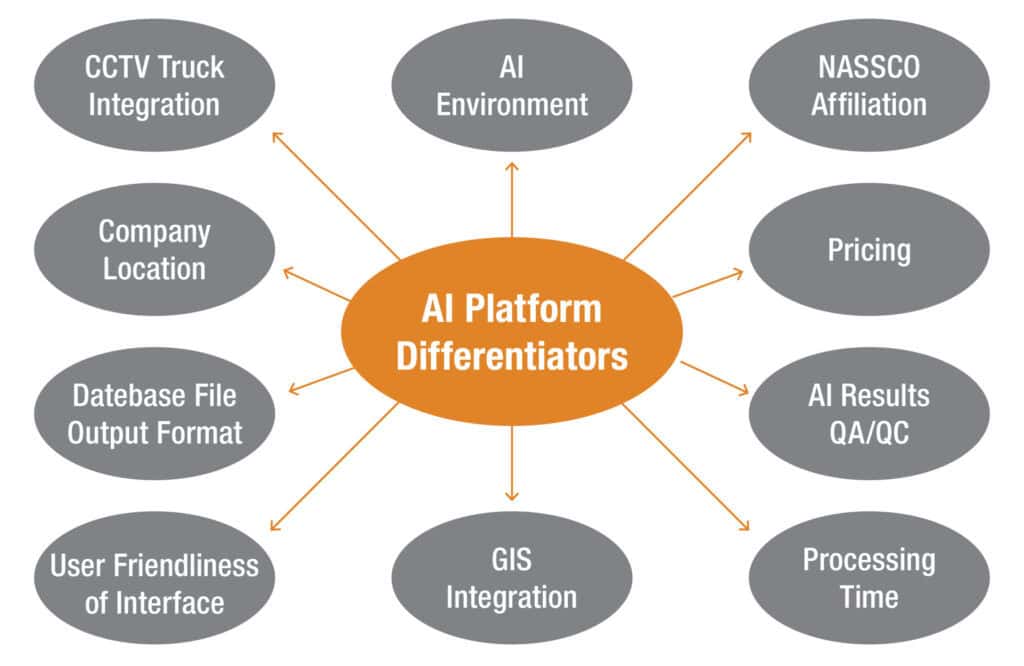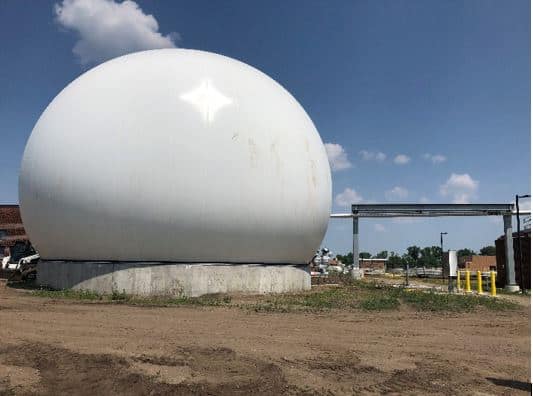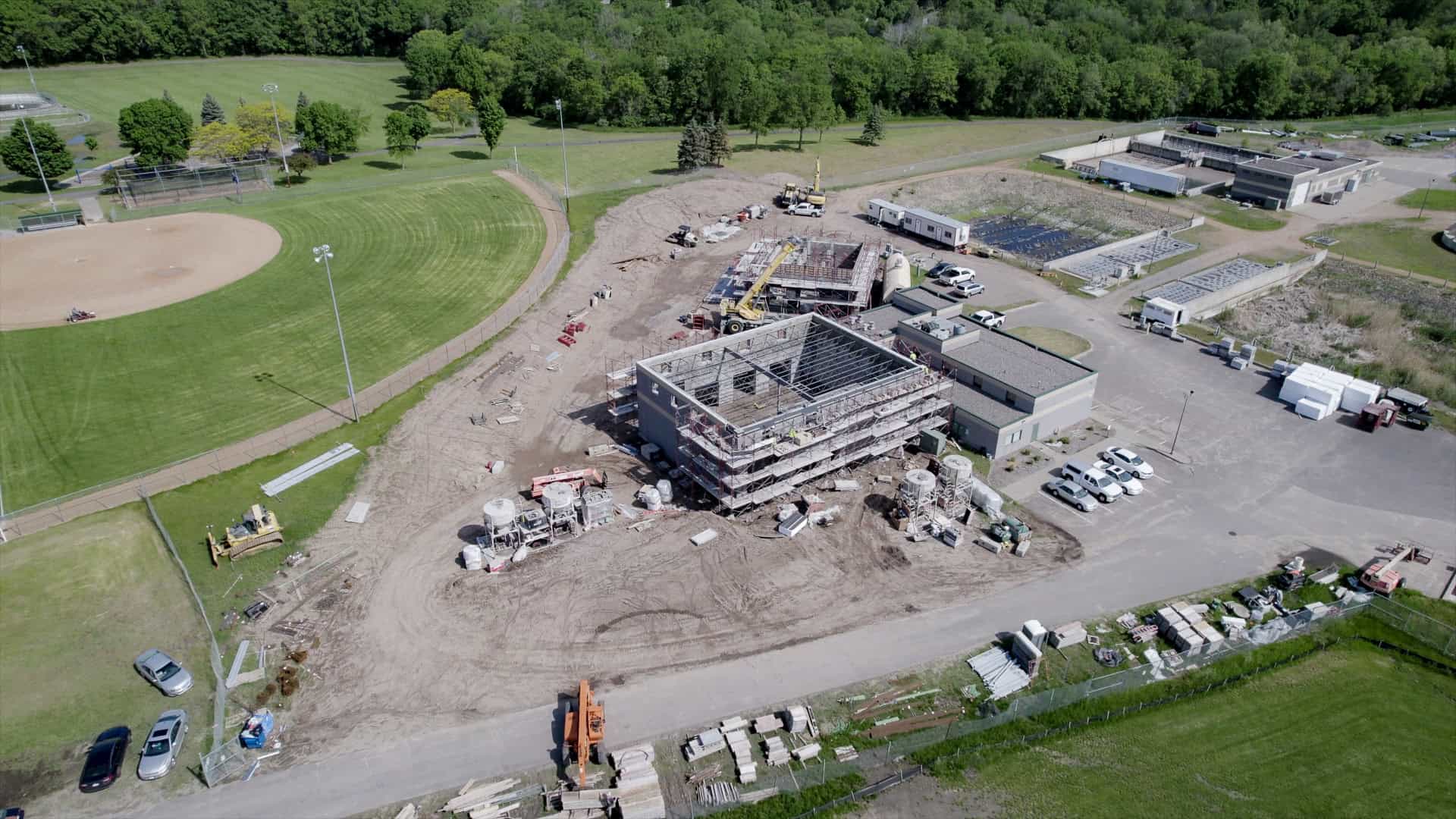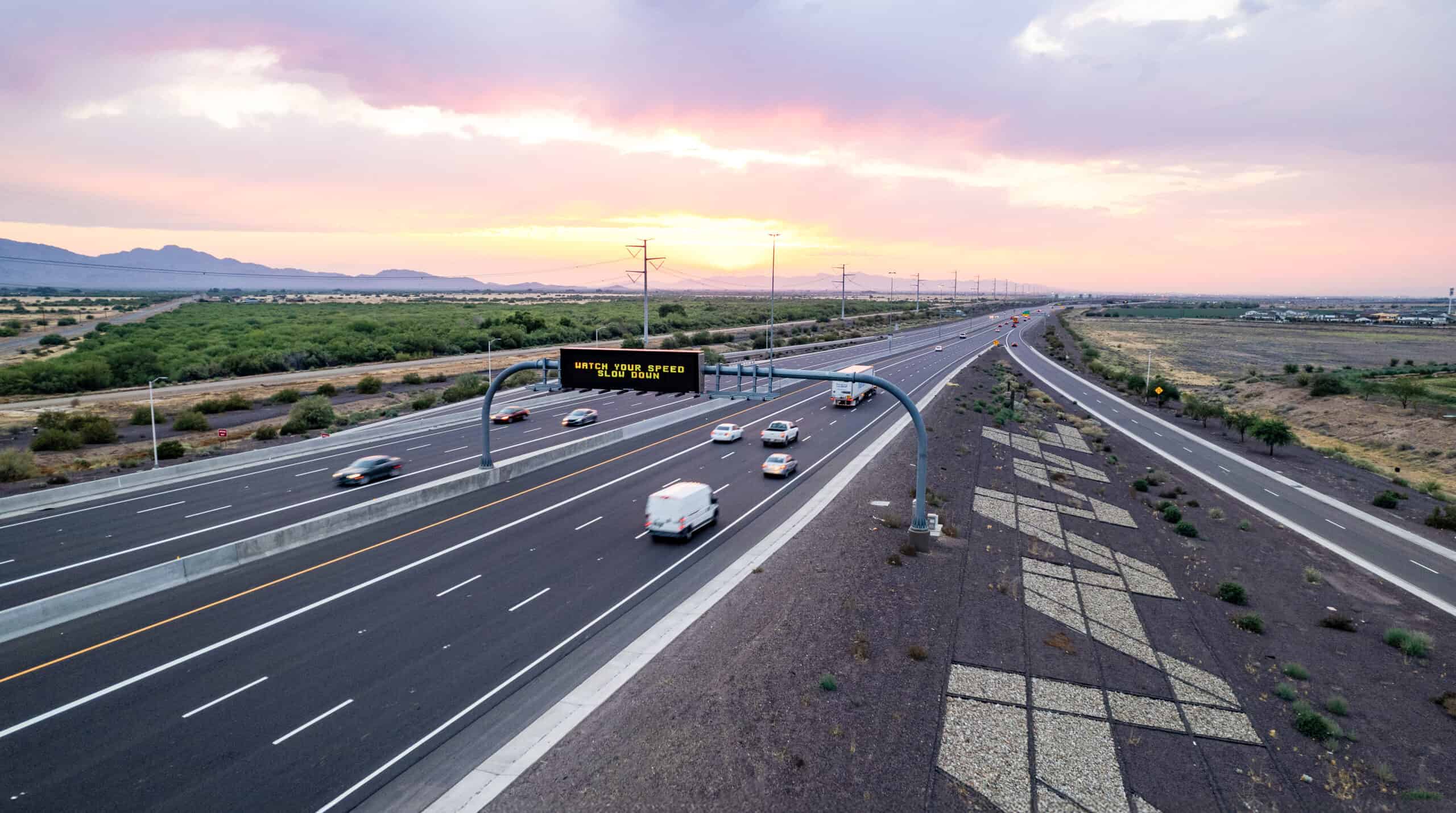
Houston Artificial Intelligence in Automated Defect Recognition and Coding of Sewer Lines and Manholes
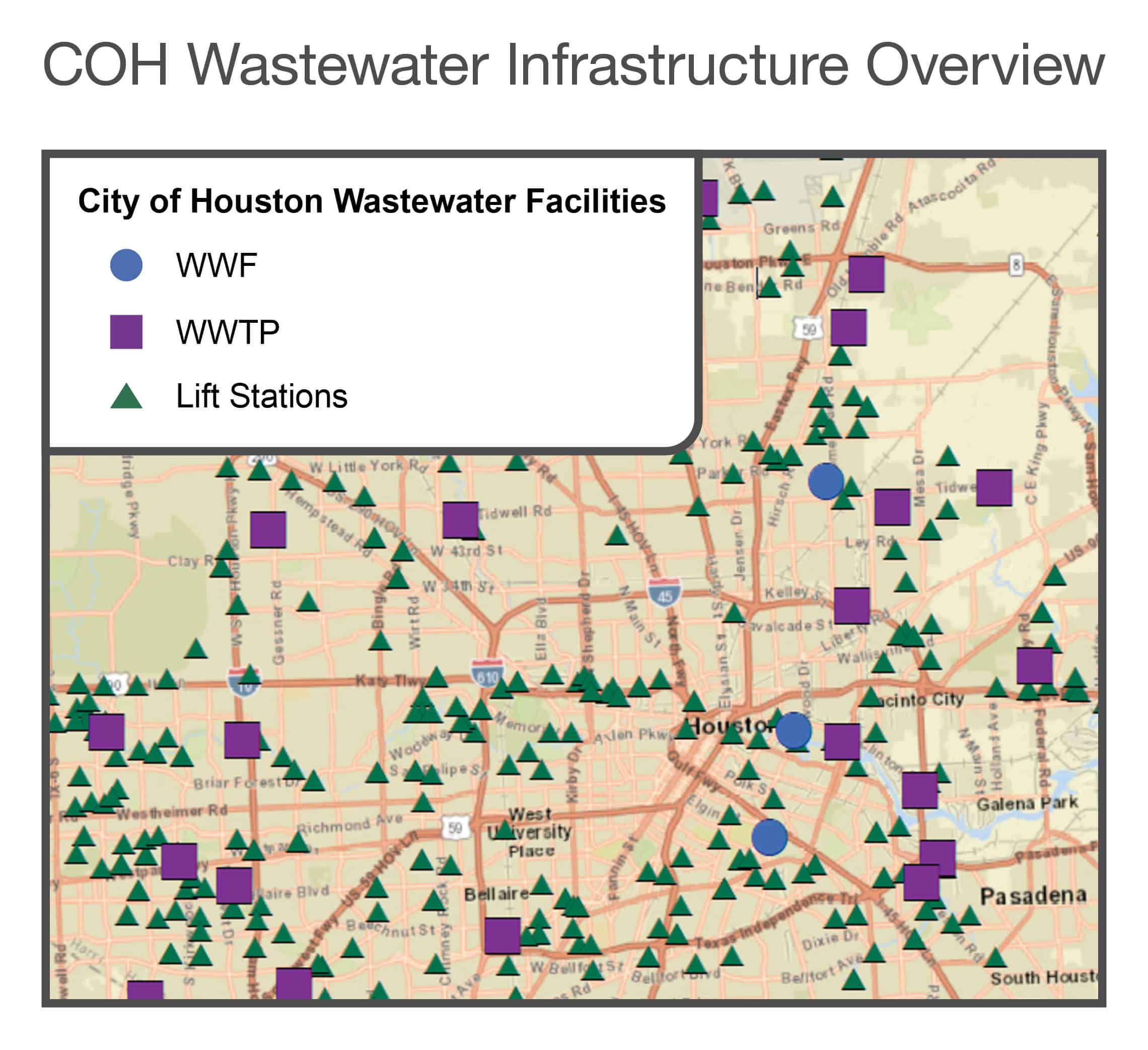




- Local Governments
- Public Sector
Market
- Award Winning
- Engineering
- Wastewater
- Water
Services
- Houston
Locations
Challenge: The City of Houston is currently under a consent decree to televise and inspect all the sewer lines (approximately 5,900 miles) and associated manholes (approximately 130,000) in the City over the next ten (10) years, develop a plan to address any major defects found during the inspection and finally execute the plan to address those identified major defects. The consent decree volume equates to three times the normal volume of lines and manholes the City surveys annually. This meant the City would need to hire more staff to meet the volume requirements.
In addition, the City did not trust the results they were getting from cleaning and televising Contractors so city staff spent multiple hours reviewing the videos and recoding/regenerating the defects on the lines and manholes. Meeting the consent decree goal required innovative ways to expedite the inspection and defect coding, and subsequently speed up the process of evaluating cost-effective and appropriate rehabilitation/repair methods to address the identified major defects.
Solution:
To help achieve this goal, the City of Houston hired HR Green to assist with the evaluation of multiple alternatives to automate and streamline as many of the processes involved as much as possible and practical, and to bring sewer operations into the digital age.
AI Detection and Coding
With the use of Artificial Intelligence (AI) gaining momentum in all industries, the wastewater industry is no different. AI is gaining traction with its use in detecting and coding defects in sewer lines and manholes. The City of Houston expressed a desire to test a few AI platforms to determine the accuracy and consistency of results as well as efficiency (turnaround time).
HR Green evaluated six different AI platforms. Areas of differentiation the platforms were evaluated against were:
- AI environment (Cloud based vs. On Premise)
- NASSCO Affiliation or lack of
- Quality of AI autocode results and availability of QA/QC
- Pricing
- Processing/Turn-around time
- GIS Integration capability
- Platform User Friendliness
- File output format: Access Database and pdf (report), Excel Database and pdf, Excel or csv file only, Application Programming Interface (API) connectivity
- Company Location: US Based or Non-US Based with US office(s)
- CCTV Truck Integration
The initial analysis narrowed the selection to two AI platforms which were then tested using the same data (CCTV videos). The results from these two platforms were then compared to the results received from the cleaning and televising Contractor. Following the recommendation and selection of one platform, HR Green assisted the City with negotiating a very generous rate for the service and with the roll-out and implementation (data migration between the City and the platform) of the service.
As part of the program’s first year of implementation, HR Green also assisted with the QA/QC of the AI Autocode results to ensure they were fairly accurate and consistent, generated a comparison to results from the cleaning and televising Contractor, developed an accuracy level of the AI autocode results, and assisted with AI machine learning of missed defects. The City of Houston is currently in the third year of using the service.
Benefits of the use of the service to the City include:
- Increase in turnaround of defect coding of the sewer lines and manholes.
- Increased accuracy in the defect coding.
- Elimination of the need to hire additional staff to review and re-code defects internally.
- Ability to integrate the AI autocode results digitally into GIS and use API to ingest the results into other platforms the City uses for planning, asset management, and work order management.
HR Green 2023 Water Project of the Year

